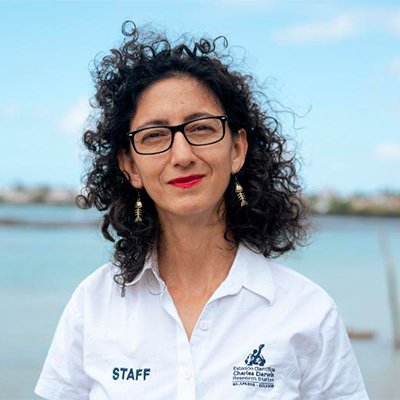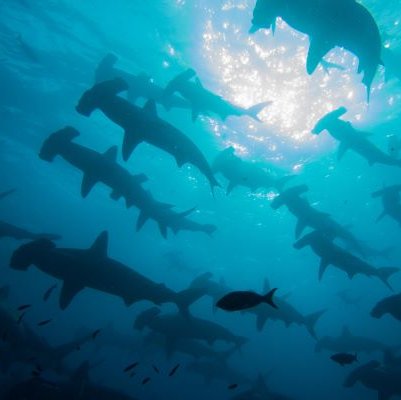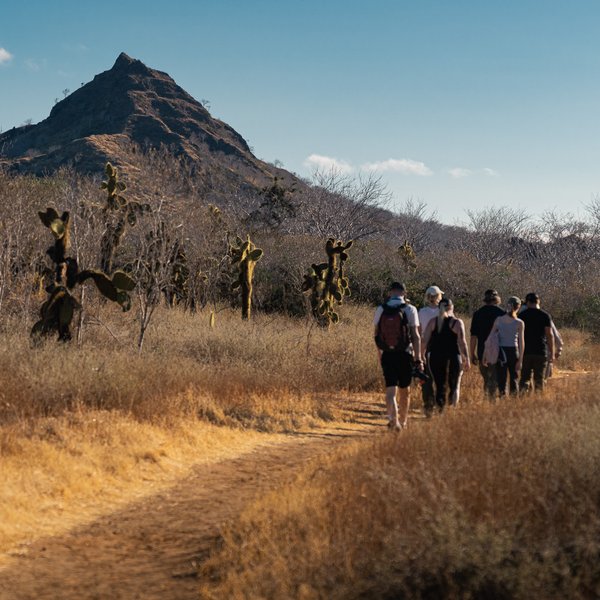
María José Barragán Paladines
Science Director
María José obtained a PhD in Human Geography at Memorial University of Newfoundland in St. John’s, Canada. Her undergraduate in Biological Sciences at the Pontifical Catholic University and her Master’s in Sustainable Resource Management at the Technical University of Munich (TUM), Germany, paved her research interest on coastal marine ecosystems and marine protected areas (MPAs) with special attention paid to marine wildlife management. Her PhD research was inspired by the interactive governance framework applied to better understand the governability of MPAs, oceans and marine systems, with the case study of the Galapagos Marine Reserve. As a postdoc at the “Development and Knowledge Sociology” Working Group at the Leibniz Centre for Tropical Marine Research (ZMT) in Bremen, Germany, she advanced new research agendas, by integrating the development and knowledge sociology approach into small-scale fisheries sustainability, fishing communities’ viability, marine food security and marine systems and ocean governance.
Over the past decade, María José collaborated with various research clusters, such as Too Big to Ignore TBTI and Global Research Partnership for Small-Scale Fisheries. These collaborations produced initiatives and publications on small-scale fisheries. She is currently the Science Director at CDF, having served as its Interim Executive Director from April 2020 to February 2021.
María José's programs

Ocean
Ocean governanceEcologically, the ocean is one interconnected system. Yet international law has divided it into arbitrary maritime zones based on geopolitical interests. Our research seeks to improve transnational ocean governance and conservation outcomes in the Eastern Tropical Pacific, through collaboration with scientists, academics, practitioners, and decision-makers.

People
Sustainability for ConservationWhile Galapagos remains one of the best-conserved destinations in the world, it is faced with numerous challenges that are derived from growth in tourism and local population. We are investigating how sustainable practices across multiple sectors such as urban planning and energy can mitigate these impacts while enhancing local community well-being through the health of the islands' socio-ecosystems.



